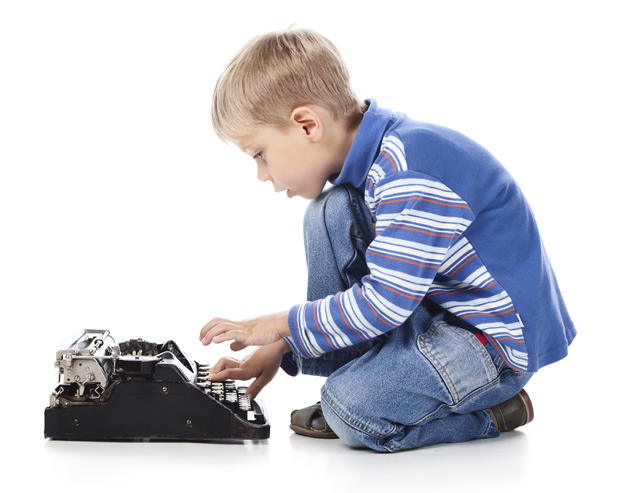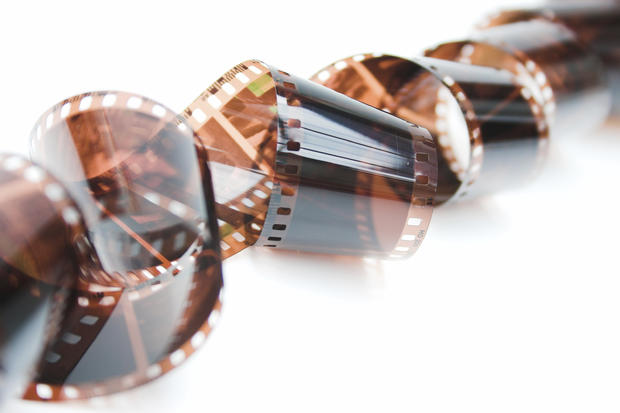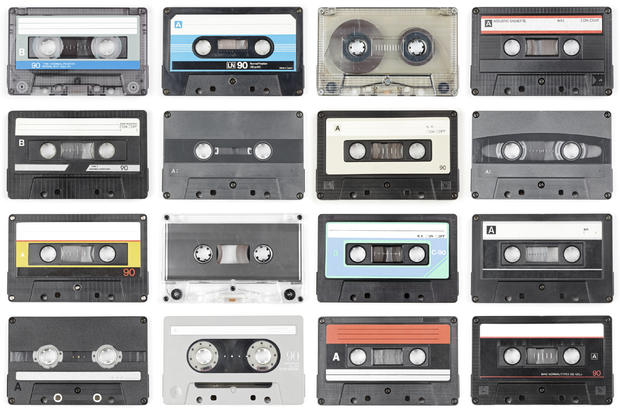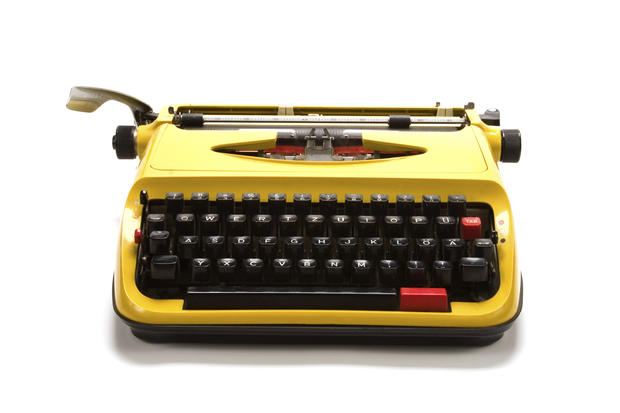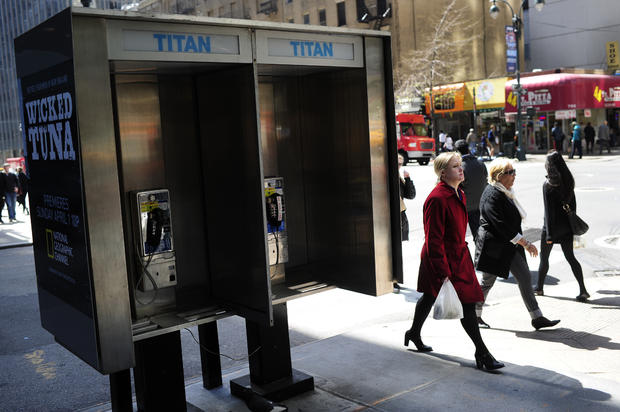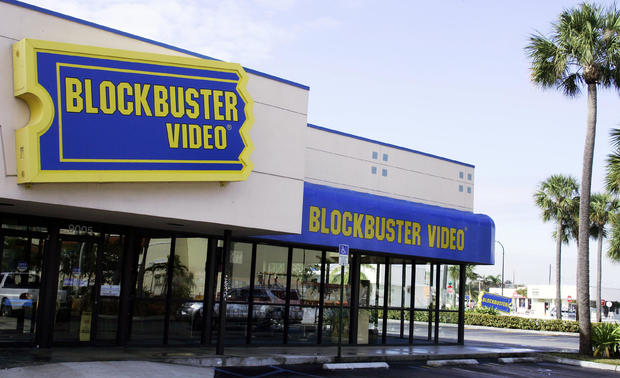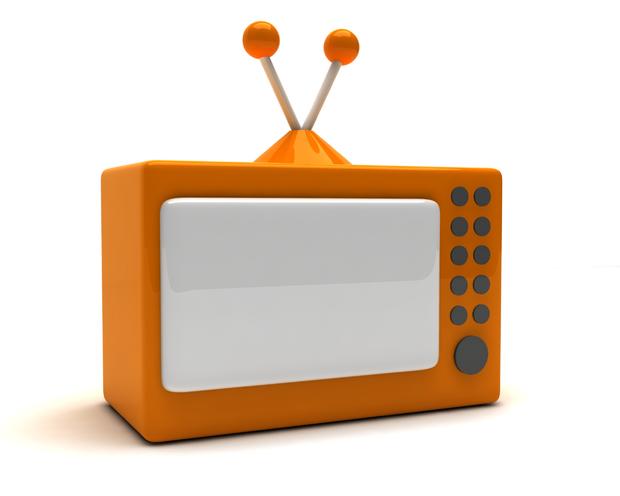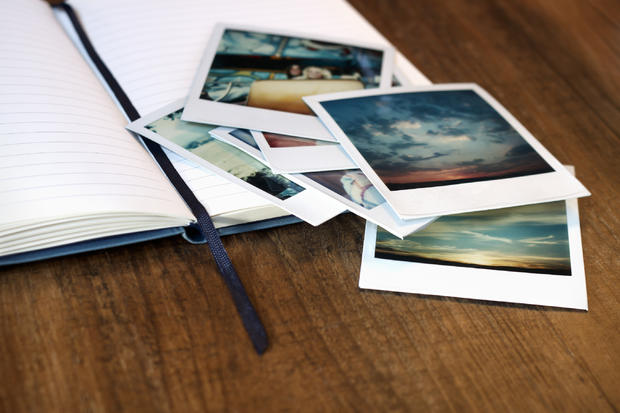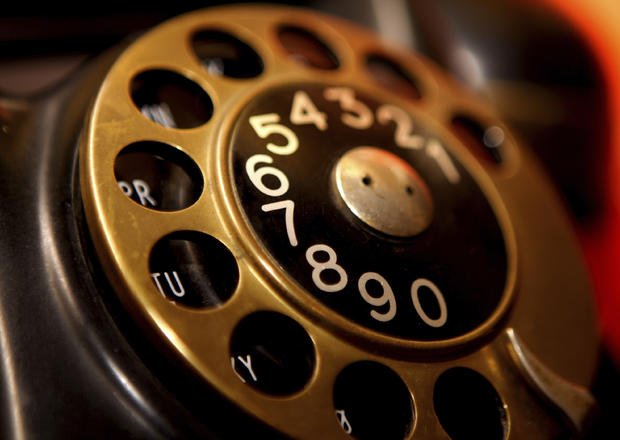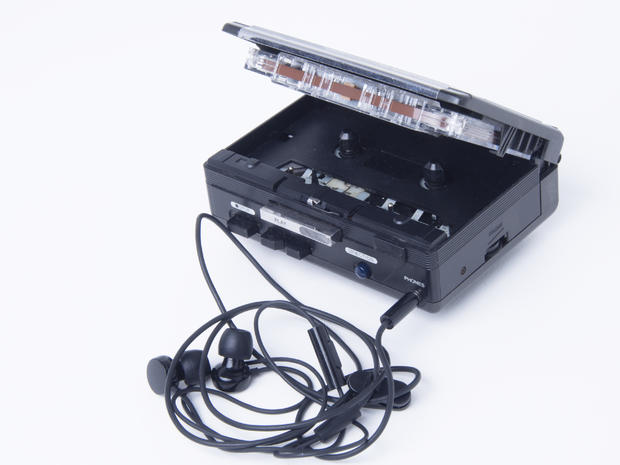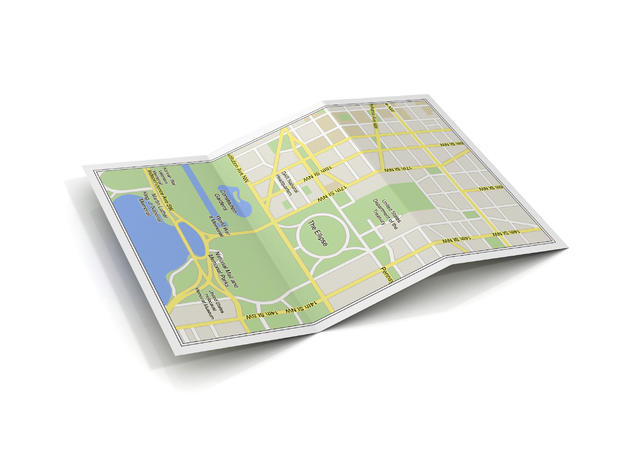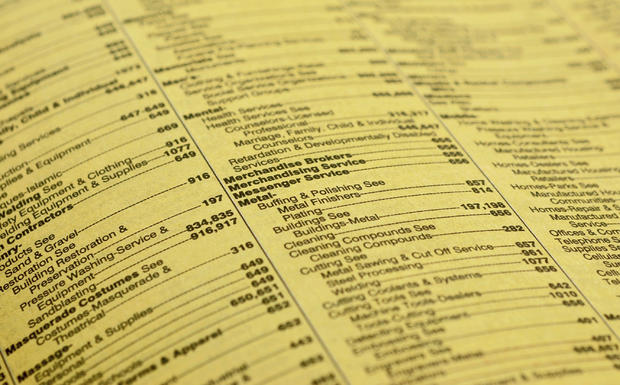15 things kids today will never do
Kids today have the world at their fingertips. The Internet, along with the fast pace of innovation, have made things possible that previous generations could only dream about.
Those advancements have sent some items to technology's graveyard. In fact, there are dozens of products and services that previous generations relied on that will never be necessary again.
In many cases, that's a good outcome. Does anyone really need to lug around a typewriter anymore? But we can't help but feel a little sadness at the loss of some things that were a big part of being a kid in the past.
Click ahead to see 15 things that kids today will never do.
Develop a roll of film
Oh, the anticipation of dropping off a roll of film and waiting to see what would come back. Children today will always have instant gratification when looking at photos taken digitally with a camera or a smartphone.
Perhaps no company was hurt more in the consumer switch to digital cameras than Kodak. The company had a market value of $28 billion in 1996, and stood by its film business even when digital cameras began to take off. It didn't want to adapt and sacrifice what was at the time a lucrative moneymaker. Bad move. Kodak filed for bankruptcy in 2012.
Make a mixtape
Speaking of anticipation, how about the thrill of getting a mixtape from someone and rushing home to hear the songs on it?
The mixtape received a heartfelt tribute in last year's smash theatrical hit "Guardians of the Galaxy." The film's soundtrack was full of memorable songs from the 1970s and 1980s, and rocketed to the top of the Billboard 200 chart.
Today's children have likely never seen a cassette tape. Even the natural successor to the mixtape -- the mix CD -- is disappearing now that many laptops are shipping without a CD player or burner at all.
Hear a typewriter
College student Cory Blair spent a week writing on a typewriter last year. He had never seen one before he began his quest.
The verdict? "It was frustrating, my grades suffered and my productivity dropped," he wrote in an essay about his experience.
Though typewriters may always endure with certain nostalgia fans, most children will likely never see one, much less hear the clickety-clacks that once filled the air in offices, police departments and classrooms.
The closest today's children could get to a typewriter may be with one of the many typewriter apps coming out for phones and tablets. One of those is Hanx Writer, an iPad app from actor Tom Hanks that simulates a typewriter keyboard.
Make a collect call
Fewer than 500,000 pay phones remain around the country, down from millions in years past. And as the pay phone has gone by the wayside, collect calls have become a thing of the past.
You can still make collect calls with 1-800-COLLECT and other services, but you'll pay a steep price to do so. One man used a pay phone last year to make a six-minute collect call from California to his home in Las Vegas and was charged $42.55, Ars Technica reports.
There may be only one place in America where collect calls are thriving: prison. Collect calls from jails can cost as much as $22.75 for a 20-minute call, according to the IDG News service.
Go to the video rental store
Gather 'round, kids, and listen to the story of a popular place where people would go to get movies. It was called Blockbuster, and you could rent something called a VHS tape. If the movie you wanted was in stock, that is. And if you were even five minutes late returning it, you'd have to pay a big fee. Good times.
Blockbuster once had 9,000 stores worldwide, but shut its last 300 stores early last year, steamrolled by the likes of Netflix (NFLX), Redbox and video-on-demand services.
Several of the independent movie-rental stores that remain are becoming nonprofit organizations in order to raise funds and receive grants. The iconic Scarecrow Video in Seattle, for example, gained nonprofit status last year.
Watch Saturday morning cartoons
Some of us actually woke up at 7 a.m. on Saturday mornings to catch the newest episodes of "The Smurfs" and "Scooby Doo." Now that digital video recorders are nearly ubiquitous, children aren't exactly rushing to the television to watch anything.
More than 20 million viewers would sit down for Saturday morning cartoons in the 1970s and 1980s, The Washington Post reports. By 2003, that figure had dropped to 2 million as Nickelodeon and other kid-friendly cable channels moved in. Fox replaced its cartoons with infomercials in 2008, and other networks also found other programming.
Now, Neflix is making a bigger push into the children's market with a remake of the "Inspector Gadget" cartoon. "Children no longer have any concept of shows airing at a specific time on a specific day," writes Forbes. They already live in a world where everything they want is on demand at any time on any kind of screen."
Look at a photo album
It's so easy now to take a photograph. It's quite another thing, though, to print out a physical copy and store it in an album.
"My number-one beef is when people don't print their pictures," photographer Amber Scruggs tells The Washington Post. "I don't want my kids to grow up and think, 'Where are all my pictures?'"
Now, families often have a glut of digital photographs on their phones and digital cameras. Photographers recommend purging the ones that you'll never use and printing 20 to 30 a month.
There's even a new kind of photograph that has nothing to do with preserving special memories. Dubbed the "boastograph," the new pic is framed and shot specifically to make people jealous on social media, according to a study by British Airways.
There isn't much room for the traditional family photo album in this new world of instant pics and outrageous selfies.
Remember phone numbers
Imagine being stuck somewhere without a phone, and a Good Samaritan offers to let you borrow one to call a friend. Could you remember anyone's number?
Now, cellphone owners can simply push a button and say, "Call Mom." There's little reason for them to commit a phone number to memory.
One 28-year-old told The New York Times that he hasn't remembered a phone number since he was in middle school.
"Try to remember a phone number for four seconds," wrote one Twitter user recently. "Just 10 little digits. You can't do it, can you? Me neither."
Make prank calls
Prank calls and slumber parties used to go hand in hand for past generations. These days, though, Caller ID has destroyed the "Is your refrigerator running?" gag for mischievous children everywhere.
People can still make prank calls if they take the steps to block their phone numbers. But the spontaneous thrill is gone. Even worse: Prank calls sometimes lead to lawsuits in this day and age.
Use a Walkman
Yes, phones can now hold your entire song collection and the sound quality is far beyond anything the old Sony Walkmans could deliver. But losing yourself in music with your first Walkman? That's a priceless memory that kids will never have.
The first Walkman debuted in 1979, and even some Sony (SNE) employees thought that without a recording function, the device would flop. But the Walkman became a cultural icon and would eventually sell 220 million units.
Sony still produces the Walkman brand, and plans to spin it off into a separate subsidiary in October.
Read a printed map
Generations of Americans wouldn't dare begin a road trip without a trusty paper map nearby. But in this age of GPS systems and online maps on smartphones, the printed map is becoming something of a relic.
The California State Automobile Association produced its last paper map in 2008 and shut down its 12-person cartographic unit. Nevada's AAA affiliate distributed only 3 million maps in 2012, down from 9 million maps in 2004.
Printed maps still have fans, but cartographers are experiencing some tough times, The Wall Street Journal reports. "Most people don't even know we exist," one cartographer lamented to the newspaper.
Walk into a bank
Young people already have no use for bank branches. In fact, a recent study of millennials by Viacom Media found the following:
- 71 percent would rather go to the dentist than listen to what banks are saying
- 68 percent say in five years, the way we access money will be totally different
- 33 percent say they won't need a bank at all
- 73 percent are more interested in financial services from Google, Amazon or Apple than their own bank
This may be one reason why banks are closing neighborhood branches across the country. Banks closed a net 1,462 branches over the year ended Sept. 30, 2014, according to a study by SNL Financial.
Read print TV listings
TV Guide was the most circulated magazine in the U.S. in the 1960s. But in 2008, the magazine was sold to OpenGate Capital for $1.
That spoke volumes about what digital and online television listings had done to the printed version. Now, if kids are even watching television anymore -- the average broadcast or cable TV viewer is 44 years old -- they sure aren't turning to any printed listings for help.
TV Guide became profitable after that sale, by the way, by cutting circulation to 2 million readers. Revenue has been cut in half, but overall the magazine stays in the black, Marketplace reports.
Use a print encyclopedia to do homework
The print encyclopedia -- that multi-volumed dust collector that once sat on many a household shelf -- is long gone. Encyclopedia Brittanica stopped making its book sets in 2010, and now focuses on online learning tools and other educational products.
Now, online search engines and Wikipedia have replaced the printed volumes, and that's a good thing, Slate writes. "Nothing about the design was meant to appeal to young minds -- the volumes were heavy, the organization cumbersome, the print too small, the prose impenetrable."
Wikipedia has its own flaws, but it has two huge advantages over the printed encyclopedia: It's free, and it's constantly updated.
Use a phone book
One college student in Indiana was bewildered recently when she saw four yellow phone directories sitting outside her door. "I can't even imagine why they still exist," she told her student newspaper. "I've never heard of anyone I know using them."
For many people, the printed phone directory goes right from the front steps to the recycling bin. The largest publisher of phone directories says that 95 percent of homes no longer use the White Pages at all, The Minneapolis Star Tribune reports. Bankruptcies are common among the various companies that produce the directories.
The Yellow Pages fare better. One major Yellow Pages publisher, YP, has turned its focus online and says it gets 80 million visitors a month across its Web and mobile platforms. Nearly half of its searches are on smartphones.
